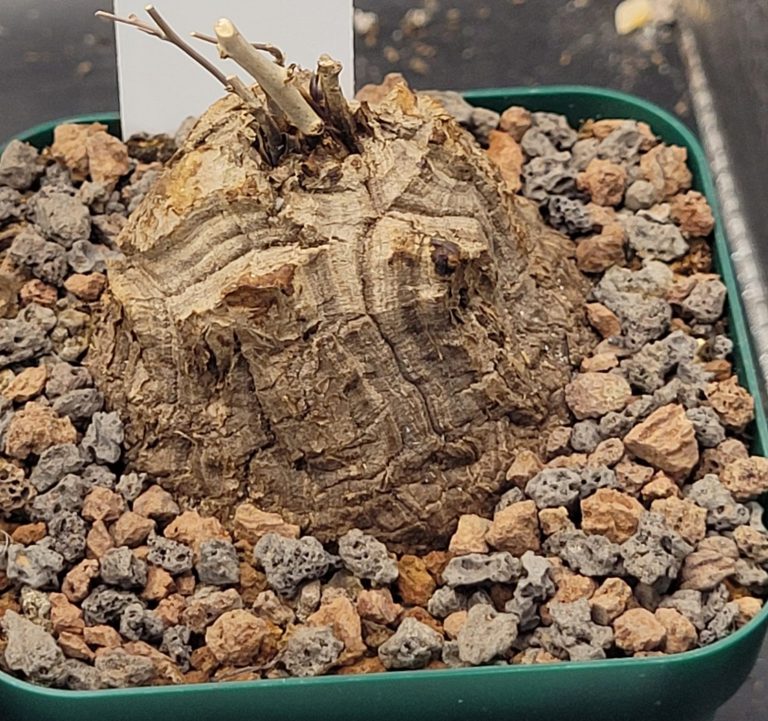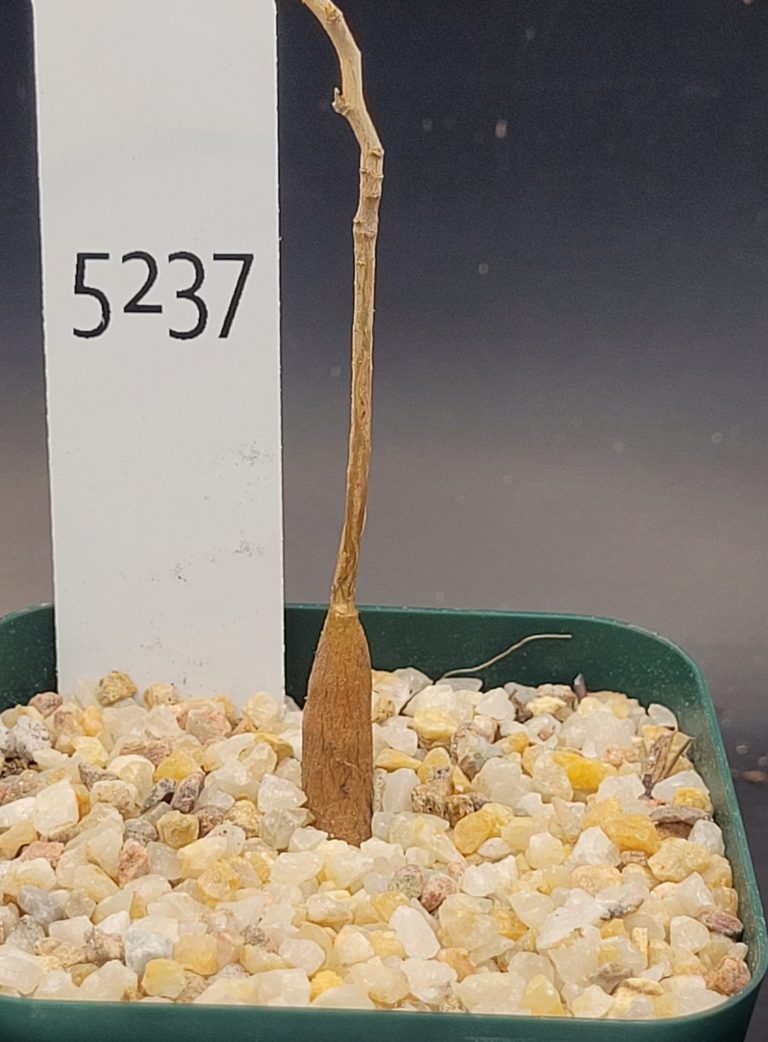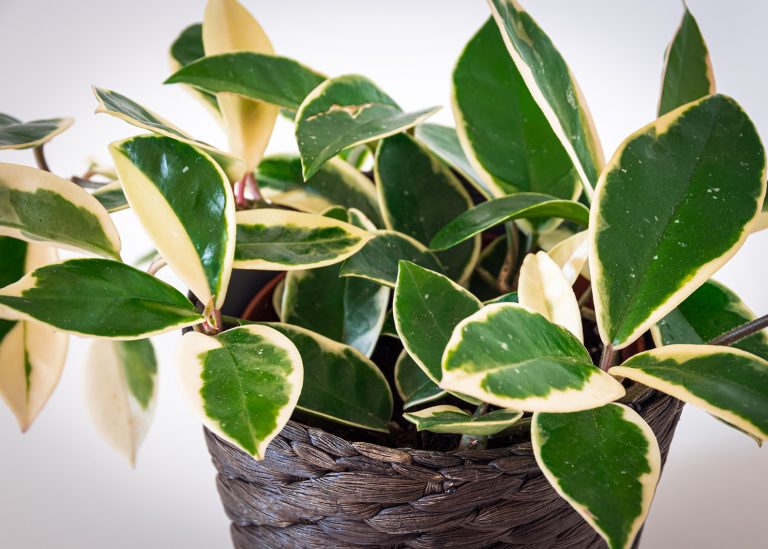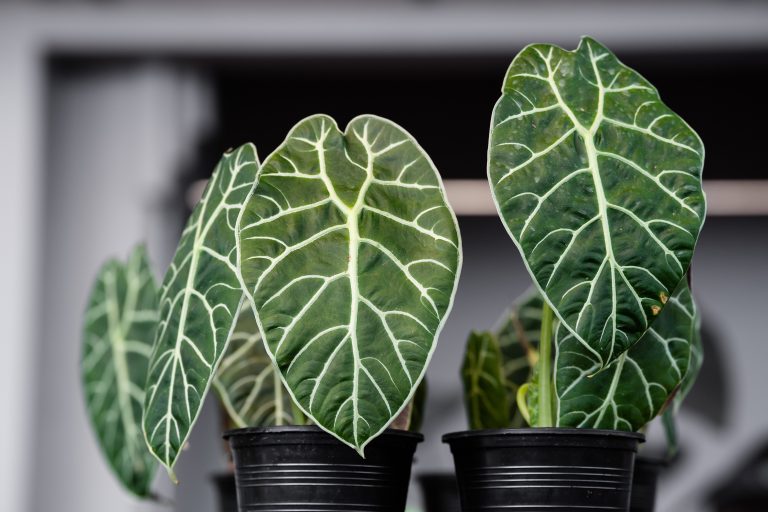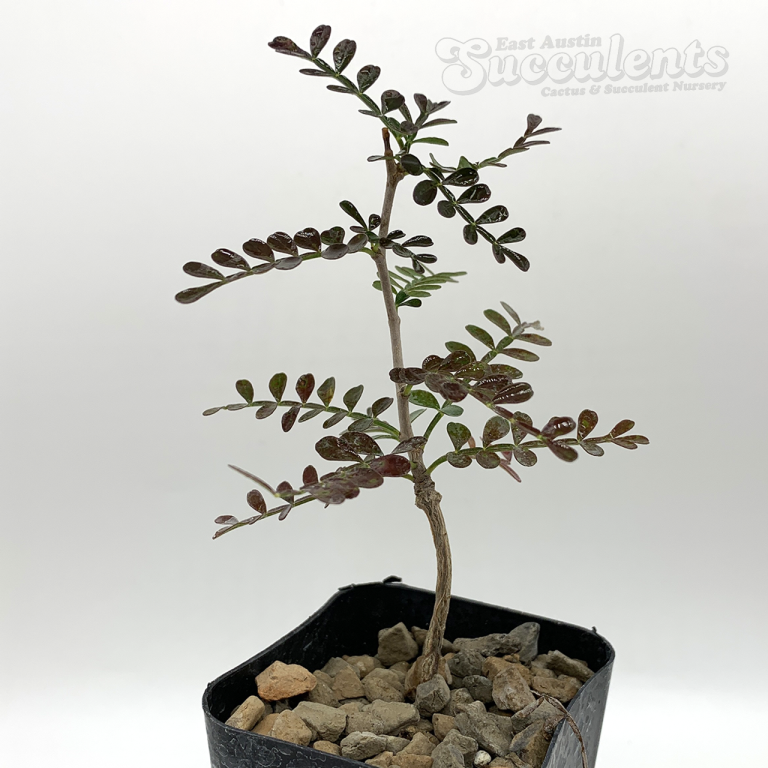Monstera plants, also known as Swiss Cheese Plants, are beloved for their striking, fenestrated leaves and tropical appeal. Native to the rainforests of Central and South America, these plants can bring a touch of the jungle into your home. Here’s a detailed care guide to help you keep your Monstera thriving and healthy.
Light Requirements
Monsteras prefer bright, indirect light but can adapt to lower light conditions. Here’s how to ensure your plant gets the light it needs:
- Bright, Indirect Light: Place your Monstera near a window where it can receive plenty of filtered light. East or west-facing windows are ideal.
- Avoid Direct Sunlight: Direct sunlight can scorch the leaves, causing brown spots. Use a sheer curtain to diffuse the light if your Monstera is near a south-facing window.
- Low Light Tolerance: Monsteras can tolerate low light, but their growth may slow, and leaves may not develop as many fenestrations (holes).
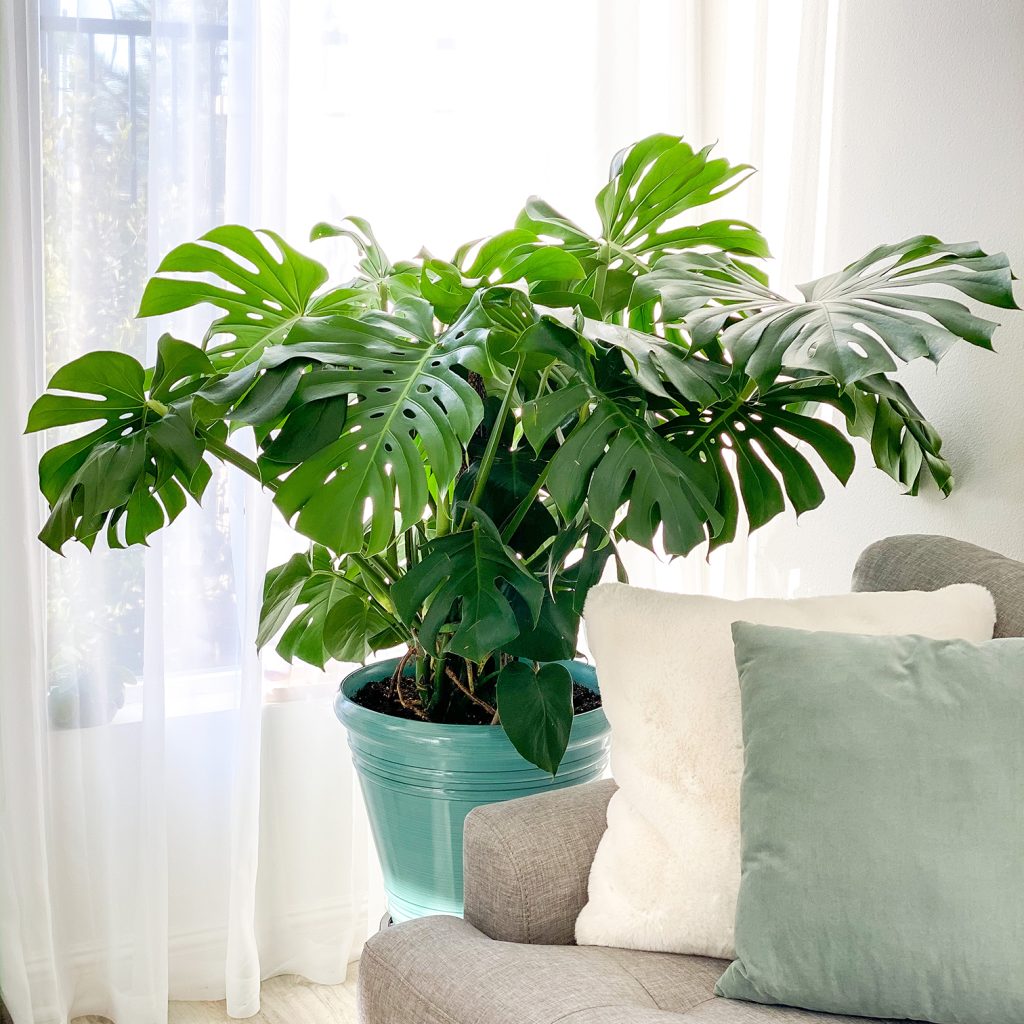
Watering
Proper watering is crucial for the health of your Monstera. Overwatering is a common issue that can lead to root rot. Follow these guidelines:
- Allow Soil to Dry Out: Let the top 1-2 inches of soil dry out between waterings. Check the soil moisture by sticking your finger into the soil.
- Water Thoroughly: When you water, ensure that water flows through the drainage holes, thoroughly saturating the soil. Discard any excess water that collects in the saucer.
- Adjust for Seasons: In the growing season (spring and summer), you may need to water more frequently. Reduce watering in fall and winter when growth slows.
Humidity
Monsteras thrive in environments with higher humidity. Here’s how to maintain the right humidity levels:
- Maintain High Humidity: Aim for humidity levels between 40-60%.
- Increase Humidity: If your home is dry, especially in winter, use a humidifier, place a water tray near the plant, or mist the leaves regularly.
- Grouping Plants: Grouping your Monstera with other plants can create a micro-environment with higher humidity.
Temperature
Monsteras prefer warm, stable temperatures:
- Ideal Range: Keep temperatures between 65°F to 85°F (18°C to 29°C).
- Avoid Cold Drafts: Protect your Monstera from cold drafts and sudden temperature changes. Temperatures below 50°F (10°C) can harm the plant.
Soil
Using the right soil mix is essential for the health of your Monstera:
- Well-Draining Mix: Use a well-draining potting mix rich in organic matter. A mix designed for aroids or a combination of potting soil, perlite, and peat moss works well.
- Repotting: Repot your Monstera every 1-2 years or when it becomes root-bound. Choose a pot slightly larger than the current one and refresh the soil mix.
Fertilization
Regular feeding helps your Monstera thrive, especially during the growing season:
- Balanced Fertilizer: Use a balanced, water-soluble fertilizer (20-20-20) diluted to half strength. Fertilize every 4-6 weeks during spring and summer.
- Reduce in Winter: Cut back on fertilization during fall and winter when the plant’s growth slows.
Pruning and Maintenance
Pruning helps maintain the shape and health of your Monstera:
- Remove Dead or Yellowing Leaves: Regularly trim away any dead or yellowing leaves to keep the plant looking neat.
- Control Size and Shape: Prune leggy growth to encourage a fuller, bushier appearance. Use clean, sharp scissors or pruning shears.
Propagation
Monsteras are relatively easy to propagate:
- Stem Cuttings: Take a stem cutting with at least one node and a few leaves. Place the cutting in water or a moist potting mix until roots develop.
- Air Layering: Wrap a section of the stem with moist sphagnum moss and plastic wrap. Once roots form, cut the stem below the rooted area and plant it in soil.
Common Issues
Be on the lookout for common problems:
- Pests: Watch for pests like spider mites, aphids, and mealybugs. Treat infestations promptly with insecticidal soap or neem oil.
- Yellowing Leaves: This can be a sign of overwatering, poor drainage, or nutrient deficiency. Adjust care accordingly.
By following these care guidelines, you can enjoy the beauty and lush foliage of your Monstera plants for years to come. Happy growing!

